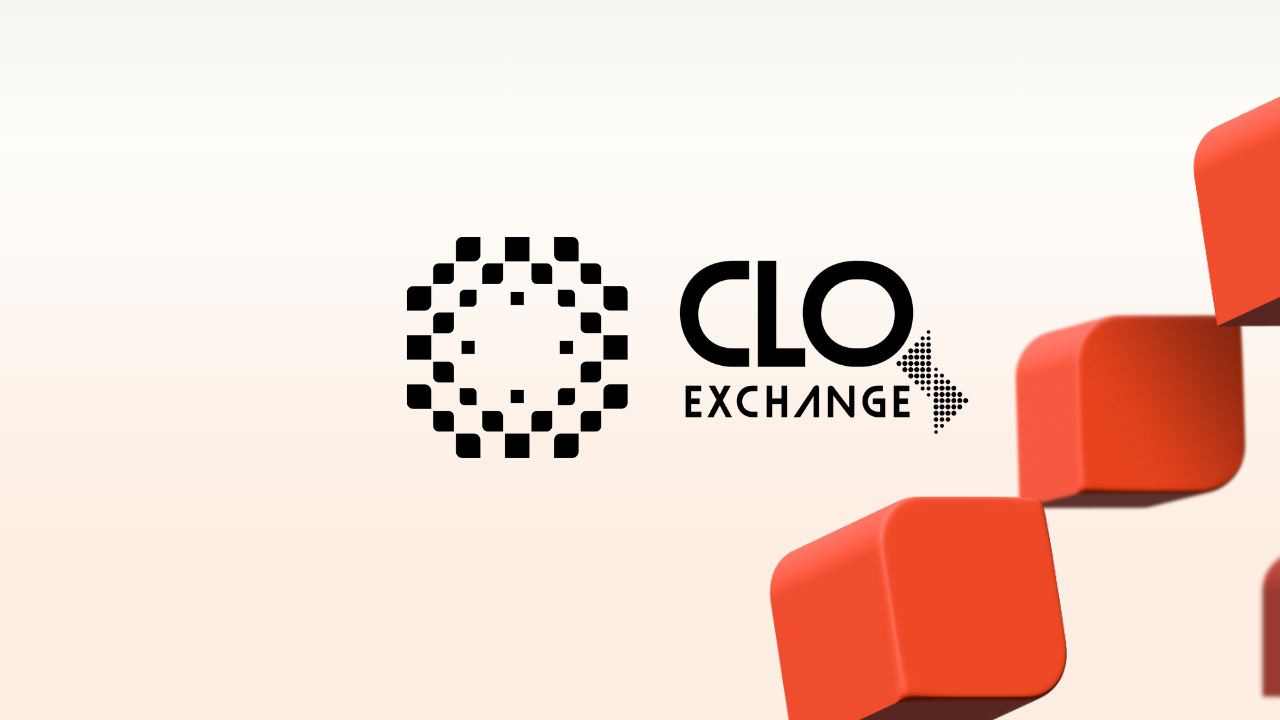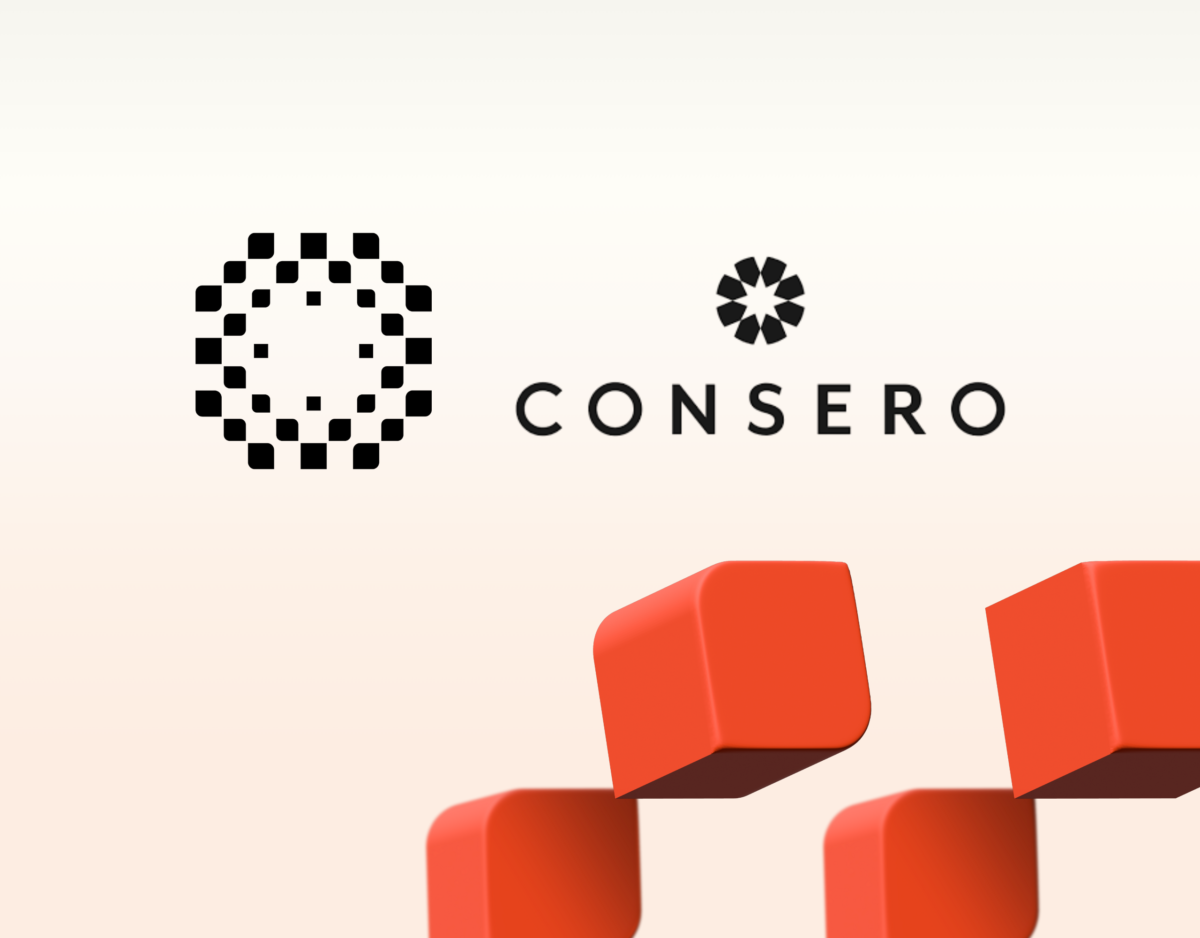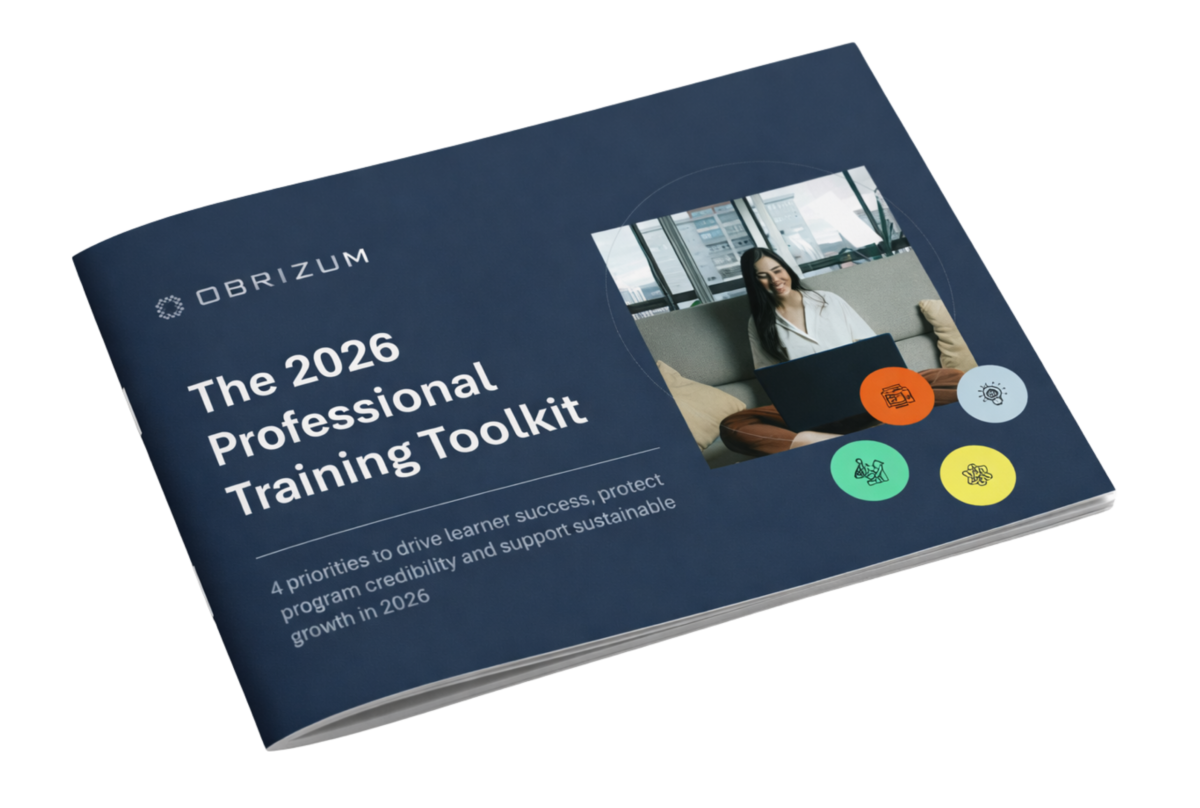
Published on 20th August 2025
Rethinking Learning at CLO Exchange Chicago
Learning leaders are rethinking everything from attention spans to AI. At the recent CLO Exchange in Chicago, the conversation made it clear that L&D is at a turning point. From moving beyond vanity metrics to embedding learning as a true business partner, we uncover the six insights shaping the future of workplace learning; and what they mean for organizations today.
At the recent CLO Exchange in Chicago, one thing was clear: learning is at a turning point. The conversations we joined highlighted how leaders are rethinking attention spans, shifting business expectations, and the role of technology in shaping the future of L&D.
Here are our six key takeaways from the event:
- Learning in the age of short attention spans
Micro and nano learning are gaining traction as practical ways to deliver knowledge that aligns with how our brains actually processes and retains information. The question many leaders are asking is whether reduced attention spans are new, or simply a reflection of how humans have always naturally preferred to learn. - From metrics to meaningful impact
Traditional measures of learning like surveys, satisfaction scores, and completion rates are beginning to lose relevance. L&D leaders are now under pressure to demonstrate real business impact, proving value quickly and linking outcomes directly to strategic priorities. - L&D as a true business partner
The conversation is shifting from L&D as a service provider to L&D as a strategic partner. That means embedding learning across the employee lifecycle, aligning strategies to business roadmaps, and clearly articulating outcomes in terms that resonate with CFOs and COOs. - Agility and infrastructure
Agility is no longer optional. Learning systems, teams, and processes need to pivot quickly to meet changing demands, supported by infrastructure that enables flexibility and responsiveness. - The role of AI and critical thinking
AI was top of mind, but with a more pragmatic tone. Leaders are focused on how AI can enhance – not replace – human problem-solving and decision-making in learning. The challenge is balancing intelligent use of technology with preserving analytical and critical thinking skills. - Overcoming resistance and building advocacy
Successful L&D leaders are also change leaders. They know where resistance comes from and how to convert detractors into advocates by making the business case clear and demonstrating value.
What does this mean for learning?
The conversations in Chicago reinforced that L&D teams must evolve from order-takers to trusted advisors who deliver measurable value. Those who can embed learning across the employee journey, stay agile, and apply technology thoughtfully will be the ones who shape the future of learning.
At Obrizum, that’s exactly what we are focused on helping organizations achieve: true adaptive learning that delivers real, measurable impact. Book a demo today to find out more.






